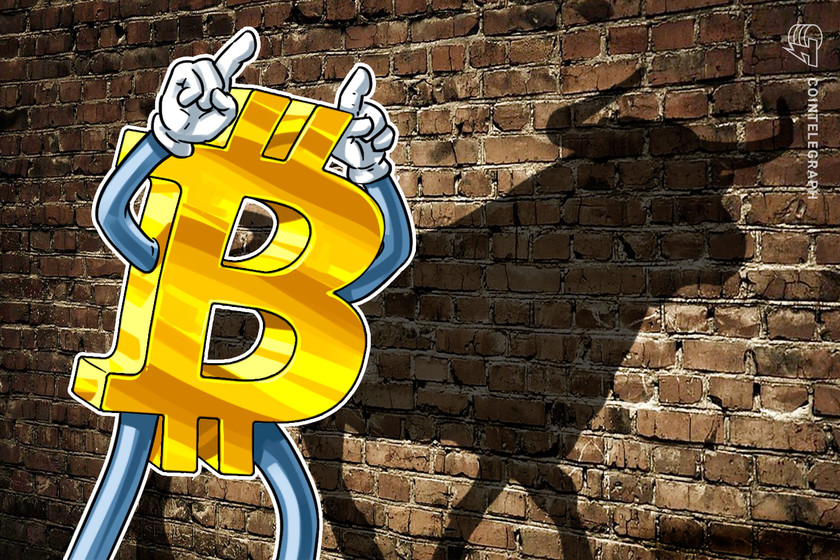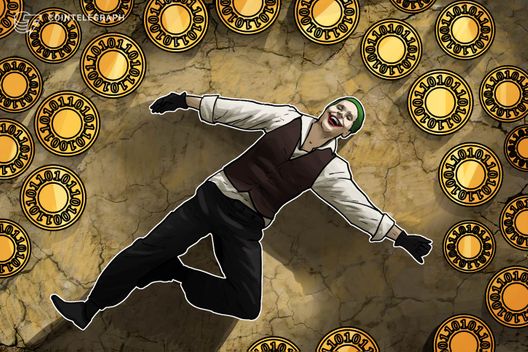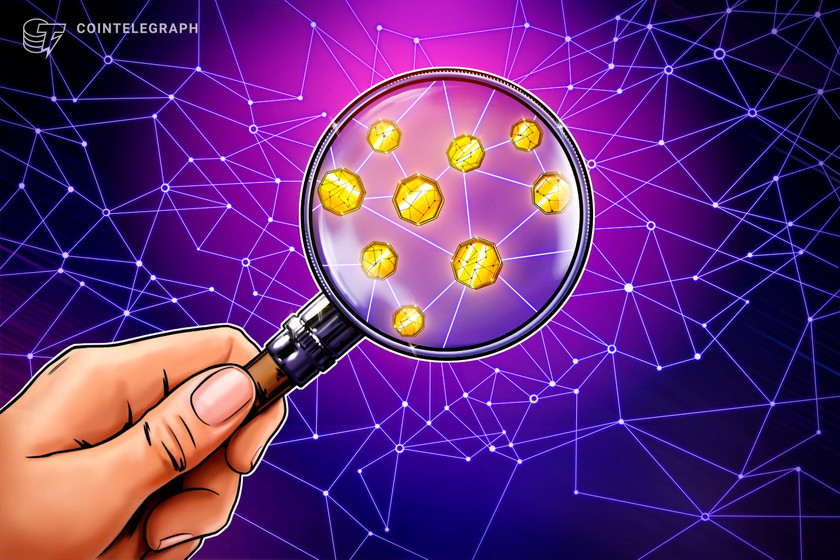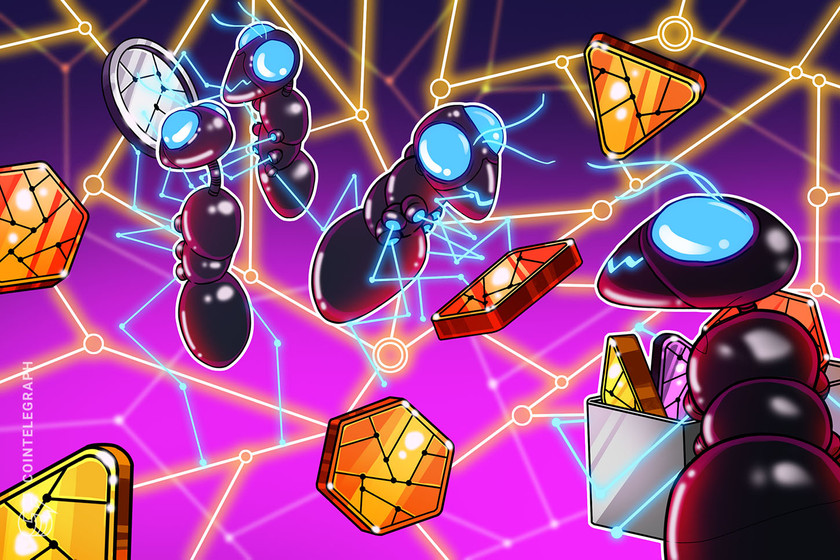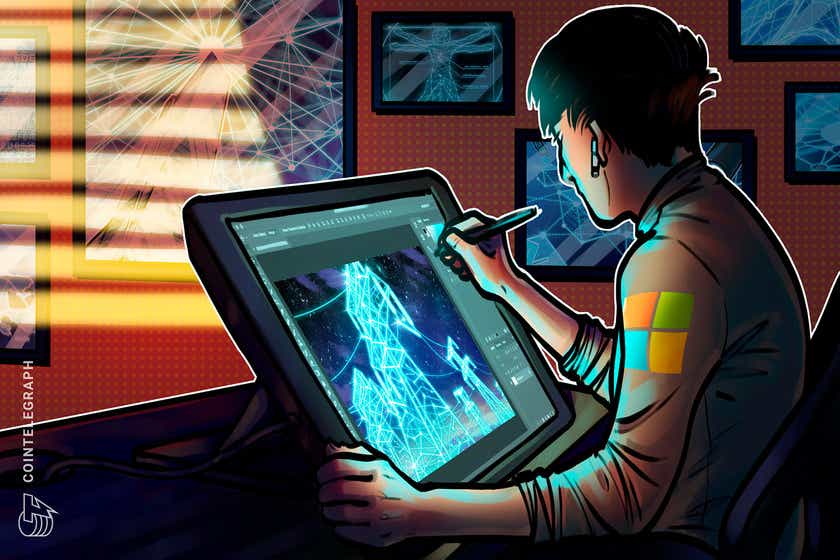China’s Blockchain Network Splits Over Disagreement About Public Chains
China’s Blockchain Service Network splits into two entities after the pushback from state-controlled entities on the integration of public blockchains.
775 Total views
14 Total shares

China’s Blockchain Service Network, or BSN, has split into two separate entities after a disagreement about the integration of public blockchains.
China’s consortium was founded to promote the advance of blockchain technology in the country. Now it is splitting into two independent entities: BSN-Chain and BSN-International. The latter will be headed by one of the original members of BSN that happens to be a private company — Red Date.
China’s state companies push back public blockchains
A source familiar with the matter told Cointelegraph that this rift was caused by the “pushback from its core, state-owned members on the public chain integrations”. The consortium is led by State Information Center, the China Mobile Communication Corporation and China Union Pay — all state-controlled entities.
The source noted that the original plan intended to add five blockchain networks to BSN: Ethereum (ETH), EOS (EOS), Nervos (CKB), NEO (NEO) and Tezos (XTZ). They also indicated that this pushback has caused delays and uncertainty about future deployment.
Two BSNs will be integrated
A Chinese media outlet reports although the two entities are going to be independent, five of the BSN-China nodes will be connected to BSN-International. At the same time, it notes that these five nodes would have to fully comply with the appropriate local laws and regulations.
This development indicates that despite chairman Xi’s enthusiasm towards blockchain technology, local elites remain uneasy about public blockchain networks that cannot be easily censored or controlled.




